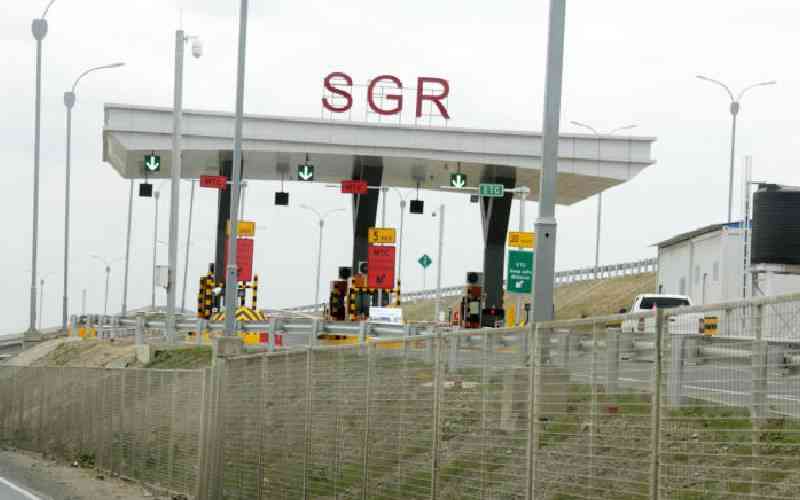×
The Standard e-Paper
Stay Informed, Even Offline

Next weekend the world will celebrate Anti-Corruption Day and International Human Rights Day, special occasions to reflect on gains and losses and to honour those who continue to inspire us by their courage and integrity.
One man deserving recognition but unlikely to be honoured is someone you may never have heard of. Bernard Muchere is a retired fraud and risk management consultant, who now devotes his energy and experience to unearth the scandal of the SGR that continues to haunt and impoverish the nation.